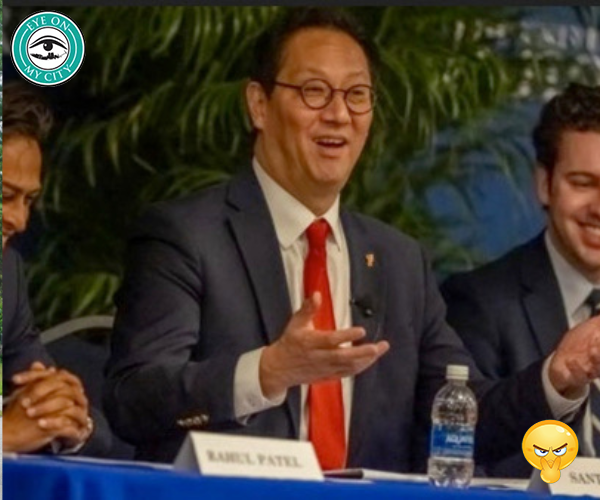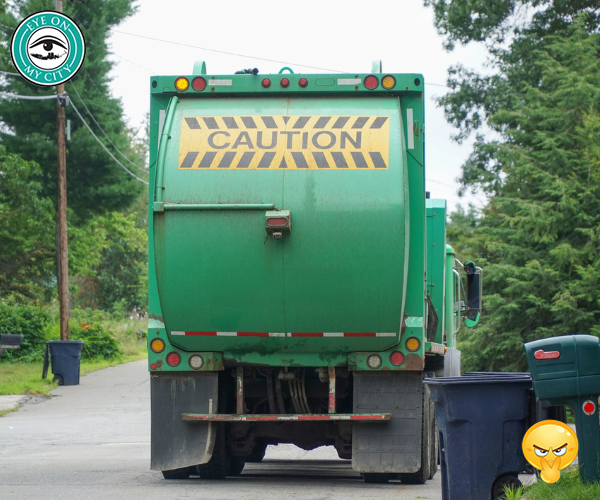
The hoary story about the frog who was placed in a pot of cold water on a stove and stayed there contentedly while the water was raised to boiling seems relevant in the case of Jacksonville’s media.
Over the years local newspapers and television news outlets have remained quiet while the government cut off access to information bit by bit.
Fifty years ago, reporters could roam the City Hall, courthouse, police headquarters and other public buildings at will.
They could see and interview public employees, from elected officials on down.
Public records were provided upon request, along with other information that might have to be compiled or calculated.
As a result, in my opinion, stories were more accurate, more detailed, and published sooner.
All government agencies now have information gatekeepers. Reporters are fed prepared, censored records that contain whatever information the government chooses to release.
At police headquarters, they are allowed to examine offense reports in a small office situated near the entrance but are not allowed past that point without permission.
I remember when I was a reporter about 1966 the police department named its first public information officer. He was Sgt. J.T. Lowe.
When I visited his office, Lowe asked how he could help me. I told him I didn’t need any help because I could get any information I wanted, but I would call him if I needed him.
Today, the Sheriff’s Office, which has absorbed the old police department, has three full-time public information officers. There is an eight-page document outlining their duties.
I asked one how many police officers there were. It was a fairly simple question but I was advised that I had to submit a public records request to find out. I also had to file a request to find out how many public information officers there are and what they do.
All of these restrictions on the press are justified by concerns for public safety and legal protections, etc. But they are arbitrary restrictions, and would not have been countenanced a few decades ago.
Politicians such as Mayor Lenny Curry can cut off information to outlets that annoy them – such as Eye on Jacksonville. They can’t, however, deny public records requests because state law requires them to be provided.
I remember well calling one bureaucrat a few years ago to ask a routine question and he nervously told me that he could not answer. I had to call one of Curry’s gatekeepers, he said.
Some local outlets claim to have “investigative reporters,” whatever that might be. Why don’t they investigate how the local media have been converted from watchdogs to lapdogs?
By the way, in 1869, German physiologist Friedrich Goltz found that a frog with its brain removed will remain in slowly heated water, but an intact frog attempted to escape the water when it reached 25 °C.











